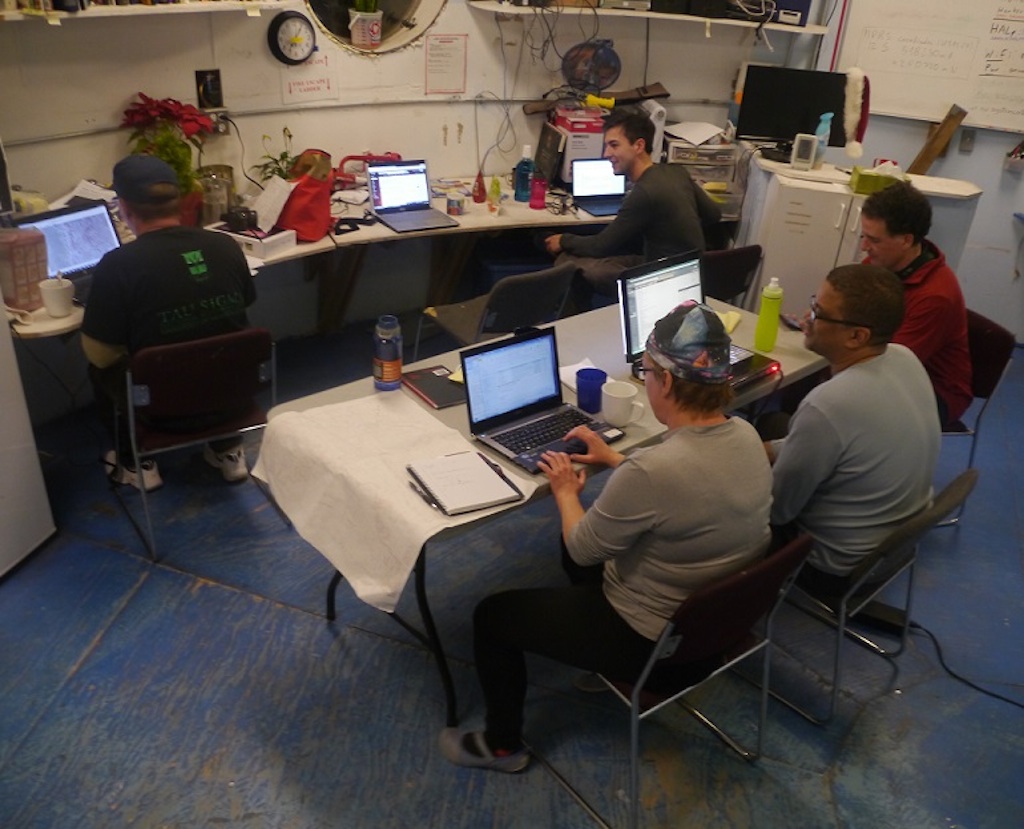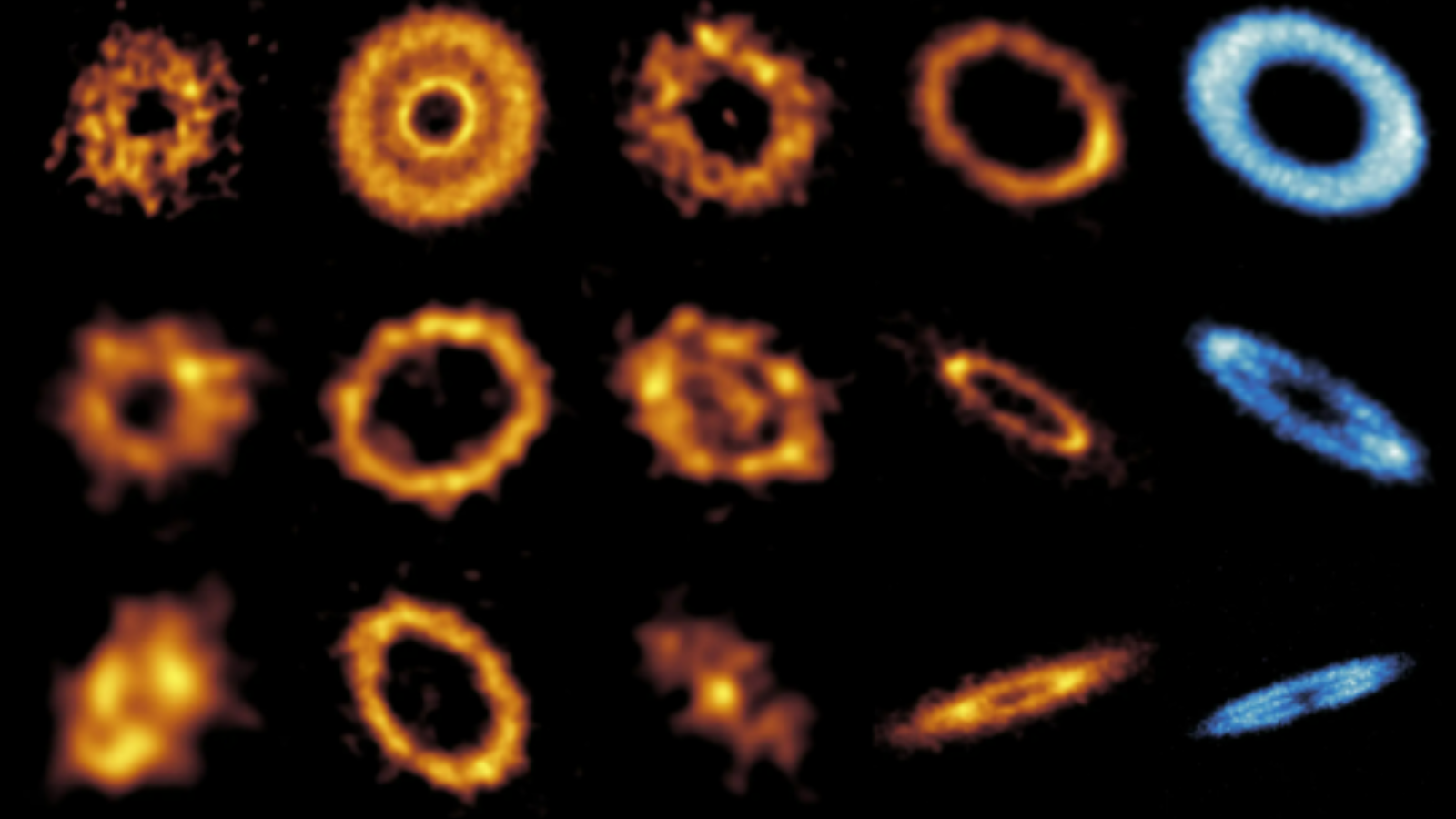Mock Mars Mission: How to Stay in Touch with 'Earth'

Editor's Note: In the Utah desert, scientists are attempting to recreate what a real-life mission to Mars might be like, and SPACE.com contributor Elizabeth Howell is along for the ride. Here's her latest dispatch.
HANKSVILLE, Utah – During the crew handover at the Mars Desert Research Station (MDRS) Jan. 4, one person spoke of the "noise" of Earth fading away as the crew focuses on its activities. That's something my group, Crew 133, is just starting to learn about.
The Mars Society facility works to make the desert area as accurate a representation of the Red Planet as possible, and that particularly includes talking with people outside of the facility.
Cellphone service is intentionally limited and generally used only in an emergency, or to order water from a local provider once the tank gets low. Internet access is limited for most of the day, except for a window between 2 a.m. and 7 a.m. Mountain Time. [Mock Mars Mission Photos: Life on a Simulated Red Planet]
That means the rest of the University of North Dakota-led crew and I mostly use e-mail to stay in touch with people. That includes a Mission Support team of dozens of volunteers that helps us plan our day and stay safe in a remote area. Every evening, my crew of six gathers to send reports on our day to this team, mainly talking to one capcom.
Time to talk, time to bond
Our window of communication with "Earth", as we call it, is between 7 p.m. and 9 p.m. Mountain Time every night. The first order of business is to send our daily reports on how the facility is functioning.
Breaking space news, the latest updates on rocket launches, skywatching events and more!
The crew doctor sends a medical report; the engineering officer sends numbers indicating how different parts of the facility are functioning; and the commander talks about how the crew is doing overall. As crew journalist, I send a report talking about what we are doing in a way that would be accessible to the public, while most of the other reports are very technical.
This is also a time for us to talk about problems with the MDRS habitat or the crew with an outside group. On our first night on comms (Jan. 4), there was discussion about remembering to change a furnace filter. And if a crewmember falls ill, responsibilities are adjusted.
As each report is sent, the capcom sends back an "ACK" (or acknowledged) and may ask questions or add comments to get more information as needed. With our crew sitting around the big table, we bat around answers and relay the information back. For us, it's both a time to stay in touch with others and also a time to bond.
Elizabeth Howell will do a two-week simulation at the Mars Society's Mars Desert Research Station from Jan. 4 to 19. Have a burning question about the mission or a picture you really would like to see from the site? E-mail contact@elizabethhowell.ca for the chance to get your question answered in a future story.
Follow Elizabeth Howell @howellspace, or SPACE.com @Spacedotcom. We're also on Facebook and Google+. Original article on SPACE.com.

Elizabeth Howell (she/her), Ph.D., was a staff writer in the spaceflight channel between 2022 and 2024 specializing in Canadian space news. She was contributing writer for Space.com for 10 years from 2012 to 2024. Elizabeth's reporting includes multiple exclusives with the White House, leading world coverage about a lost-and-found space tomato on the International Space Station, witnessing five human spaceflight launches on two continents, flying parabolic, working inside a spacesuit, and participating in a simulated Mars mission. Her latest book, "Why Am I Taller?" (ECW Press, 2022) is co-written with astronaut Dave Williams.
